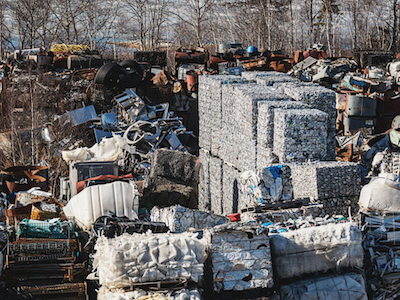Market
December 14, 2023
North American scrap surges amid restocking, tighter supply
Rising export prices, coupled with tight supply and stronger order books, pushed the US scrap market higher m/m. While some markets are still unsettled at the time of writing, buyers were opting to secure material on a TBD basis. At the same time, dealers are working to ship orders before the seasonal holidays.
Although Detroit mills initially entered the market up $50 /l.ton for #1 busheling, robust demand and fewer supplies being offered ultimately pushed the market up $80 /l.ton m/m. Similarly, seasonal supply tightness for shredded scrap and larger-than-anticipated buy programs raised prices by $75 /l.ton m/m.
The Midwest region followed the price movements in Detroit on the back of increased demand and reduced availability. Though some buyers entered the market early to secure their volumes, others needed to secure material from outside the region to meet their orders. Low flows to scrap yards have caused many dealers to make shipments as material arrives. Furthermore, the limited inbound traffic to yards over the last few months means that inventories are already lean heading into a typically tight time of year.
Adding to the upward pressure on scrap prices was the boost in export demand and pricing, with cargoes selling at more than $400 /t CFR Port for HMS 80:20. Surging freight rates, in addition to tight supply in Turkey and restocking ahead of the new year, supported the rise in price. Dry bulk freight rates have surged more than 50% over the last two weeks, the biggest jump since 2022 Q2.
As a result, mills in the Northeast region were pressed to increase prices. Dealers were hesitant to sell material outside of the local market until prices were solidified. Pittsburgh mills filled their order books largely on a TBD basis in early December amid talks of large m/m increases.
In the South and South Central regions, prices were on track to follow other markets. Prices for #1 busheling and shredded scrap both rose $50 /l.ton in the South, while #1 HMS increased $30 /l.ton. Mills were able to cover their orders locally, although some were still finalising their volume requirements.
In Brazil, scrap prices remained stable for another month at BRL 1,200/t, as demand for scrap was low due to reduced steel production y/y. Meanwhile, sharp price falls were restricted by rise in collection costs. Some Brazilian domestic mills announced they will decrease production at the end of the year, but according to market participants, scrap purchases were stable in relation to November volumes.






